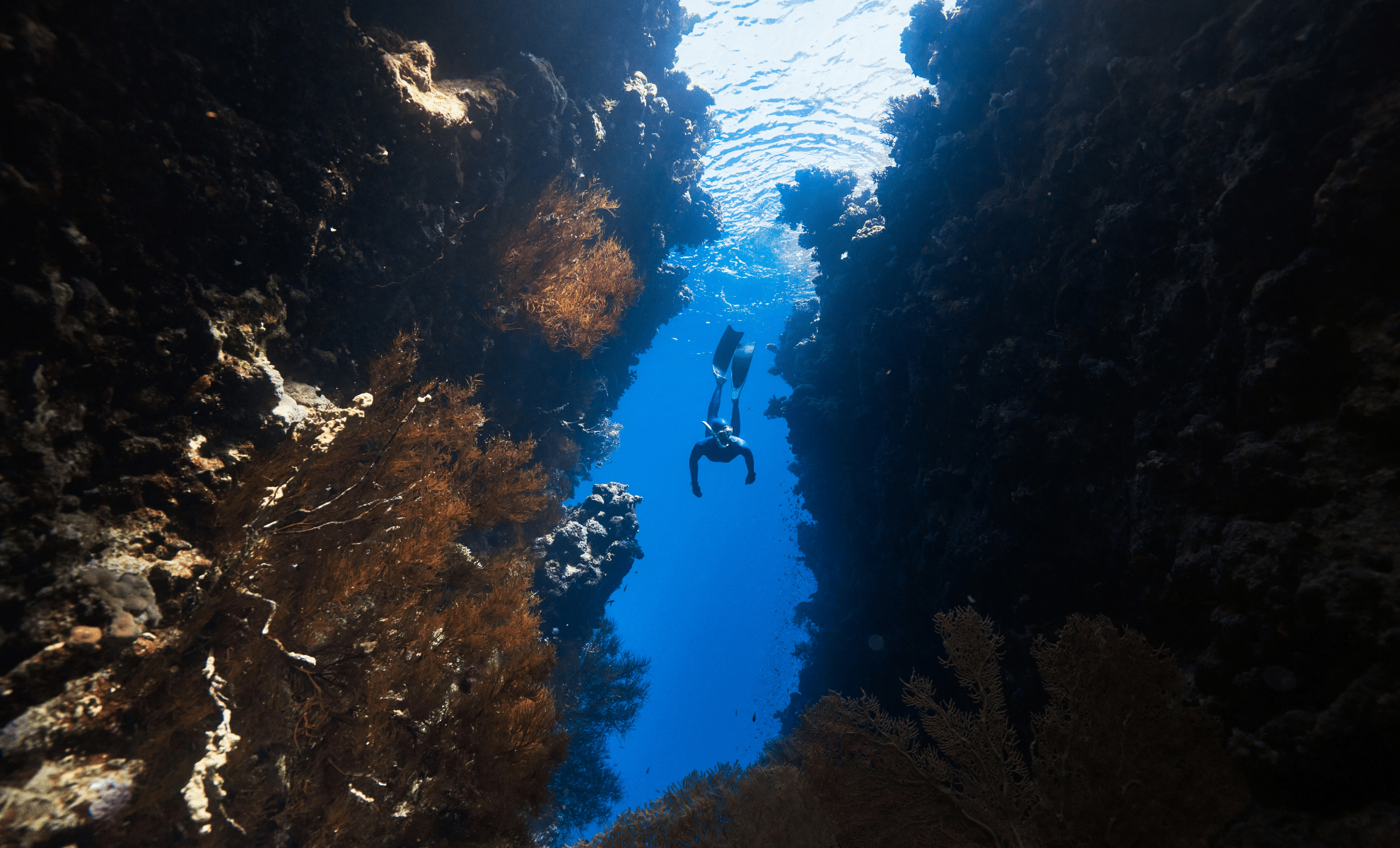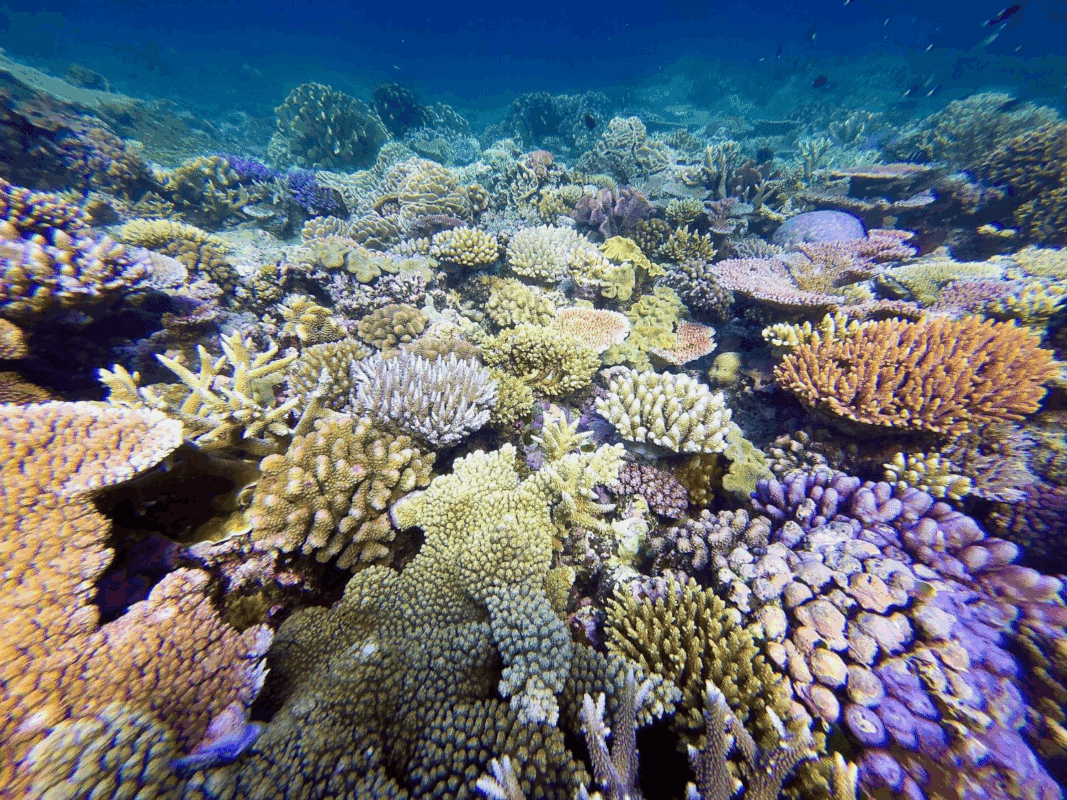
Scientists Stunned by What They Found Inside 200 Million-Year-Old Coral Structure
In a remarkable breakthrough, a study recently published in Science Advances sheds light on how corals are adapting to the challenges posed by increasing ocean acidity. As climate change continues to impact marine life, scientists have discovered a surprising ability in corals to regulate the mechanisms they use to build and maintain their skeletons. This revelation offers a glimmer of hope for the future of coral reefs, which are among the most vulnerable ecosystems on Earth.
The Hidden Resilience of Corals: How They’re Adapting to Ocean Acidification
Coral reefs are some of the most diverse and crucial ecosystems on the planet, yet they are also among the most vulnerable to climate change. Ocean acidification, caused by increased carbon dioxide in the atmosphere, has made it more difficult for corals to form their calcium carbonate skeletons. This process has been steadily eroding coral populations worldwide, leading to the destruction of vibrant reefs. However, recent research has uncovered a promising twist in the story of coral survival.
The new study from the University of Colorado Boulder, reveals that corals have developed the ability to regulate the mechanisms they use to build their skeletons, even in increasingly acidic conditions. This discovery challenges previous assumptions that corals’ ability to cope with acidification would be limited. According to Hankins, one of the lead researchers,
“We found that corals were able to regulate the mechanism they use to build and maintain their skeletons despite the ocean becoming more acidic,” calling it “an unexpected and hopeful signal.”
This newfound resilience could help corals survive in the face of escalating climate threats. While it’s not a complete solution to the broader environmental issues facing coral reefs, it offers a potential buffer against some of the damage caused by ocean acidification.

The Science Behind Coral Skeletons: A Delicate Process
The creation of coral skeletons is a highly intricate biological process that requires a specific balance of environmental conditions. Corals build their skeletons by extracting calcium carbonate from the water and depositing it into their structures. This process, known as calcification, is highly sensitive to changes in the ocean’s acidity. As carbon dioxide dissolves into the oceans, it lowers the water’s pH, making it harder for corals to extract the necessary calcium and carbonate ions for their skeletons.
Historically, scientists believed that as the ocean became more acidic, corals would struggle to maintain their skeletons, leading to a decline in reef health. The acidification process essentially prevents the corals from constructing their skeletons at the same rate, weakening the structure of the entire reef. But Hankins and her team found that, despite these challenges, corals are capable of adapting their biological processes to continue building their skeletons at a sustainable rate.
Why This Discovery Matters: Hope for Coral Reefs
While the discovery that corals can regulate their calcification process is exciting, it doesn’t mean that coral reefs are out of danger. The broader environmental challenges, including rising sea temperatures, overfishing, and habitat destruction, continue to threaten coral reefs globally. However, this new insight provides hope that corals might have a greater capacity for survival than previously thought.
Corals play a critical role in marine ecosystems, supporting a vast array of species and protecting coastal areas from storms and erosion. As scientists continue to monitor and study these adaptive mechanisms, understanding how corals manage to thrive under more acidic conditions could lead to better conservation strategies. This discovery emphasizes the importance of protecting coral habitats and mitigating the impact of climate change to help these resilient creatures withstand future environmental stresses.
Published in Science Advances, this research could also pave the way for further studies that investigate the potential for coral species to adapt to other climate-related changes. Understanding these adaptive mechanisms in greater detail could help develop strategies to assist corals in adjusting to the rapidly changing oceanic environment.
First Appeared on
Source link






